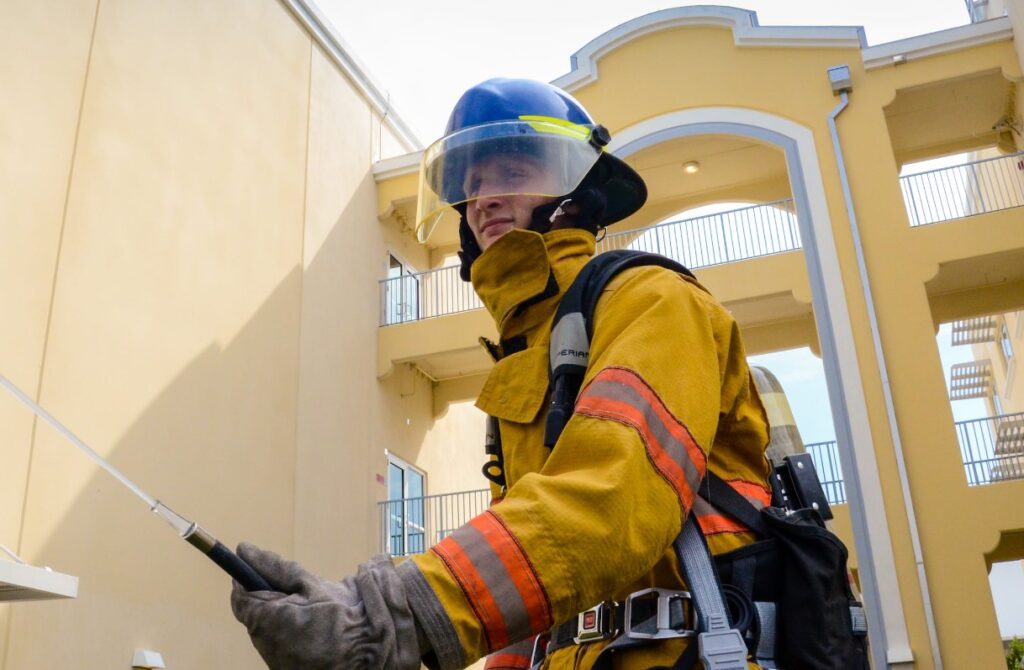Key performance indicators (KPIs) are effective ways for businesses to assess how they are operating. Not only that but they are crucial in highlighting where improvements and efficiencies could be made, which is necessary if a business wishes to grow.
KPIs will often be centred around turnover and profit levels, as well as productivity and customer feedback. However, safety is sometimes overlooked when deciding on measures of success.
There are many reasons why a business should include at least one safety KPI, including the following:
Employee wellbeing
Everyone has the right to feel safe at work, no matter what their role is. Certain jobs of course come with more risk than others, but it is important for both physical and mental wellbeing that staff are confident that their employer values their safety with the utmost importance.

Productivity
When people feel safe, they are able to be more productive. Spending far less time worrying about whether or not they are going to cause or be subject to harm means staff can focus on the work at hand more easily. A business that focuses on safety is sure to see improvements in outputs.
Retention
Working in an environment that feels unsafe is not an enjoyable experience. As a result, unsafe businesses will experience far higher staff turnover. Not only is this costly to the organisation, but it can also cause significant disruption to workflow and mean lengthy recruitment and training processes are needing to be repeated constantly. If prospective candidates get wind of this, they are also likely to be put off, which will only prolong the process further.
Costs
Recruitment is not the only cost associated with poor safety measures. If a business operates unsafely, there is a much greater risk that accidents will occur. If this does happen, those involved may be eligible to make an accident claim which can be very costly if the organisation is at fault.
There are also other costs associated with injuries, including the cost of hiring temporary cover, as well as potential penalties from customers due to late delivery or partially fulfilled orders.
Reputation
Reputation is very important within the world of business, and even the best public relations teams cannot mask poor safety records. If it becomes common knowledge that an organisation to operating dangerously and not prioritising the safety of its employees and customers, they are likely to suffer.

Customers are going to begin looking elsewhere and start supporting businesses that are more renowned for their safety.
Potential future investors are also highly likely to be turned off if a business cannot present them with impressive or at least improving figures. This may cause challenges for growth or future partnerships.



























































